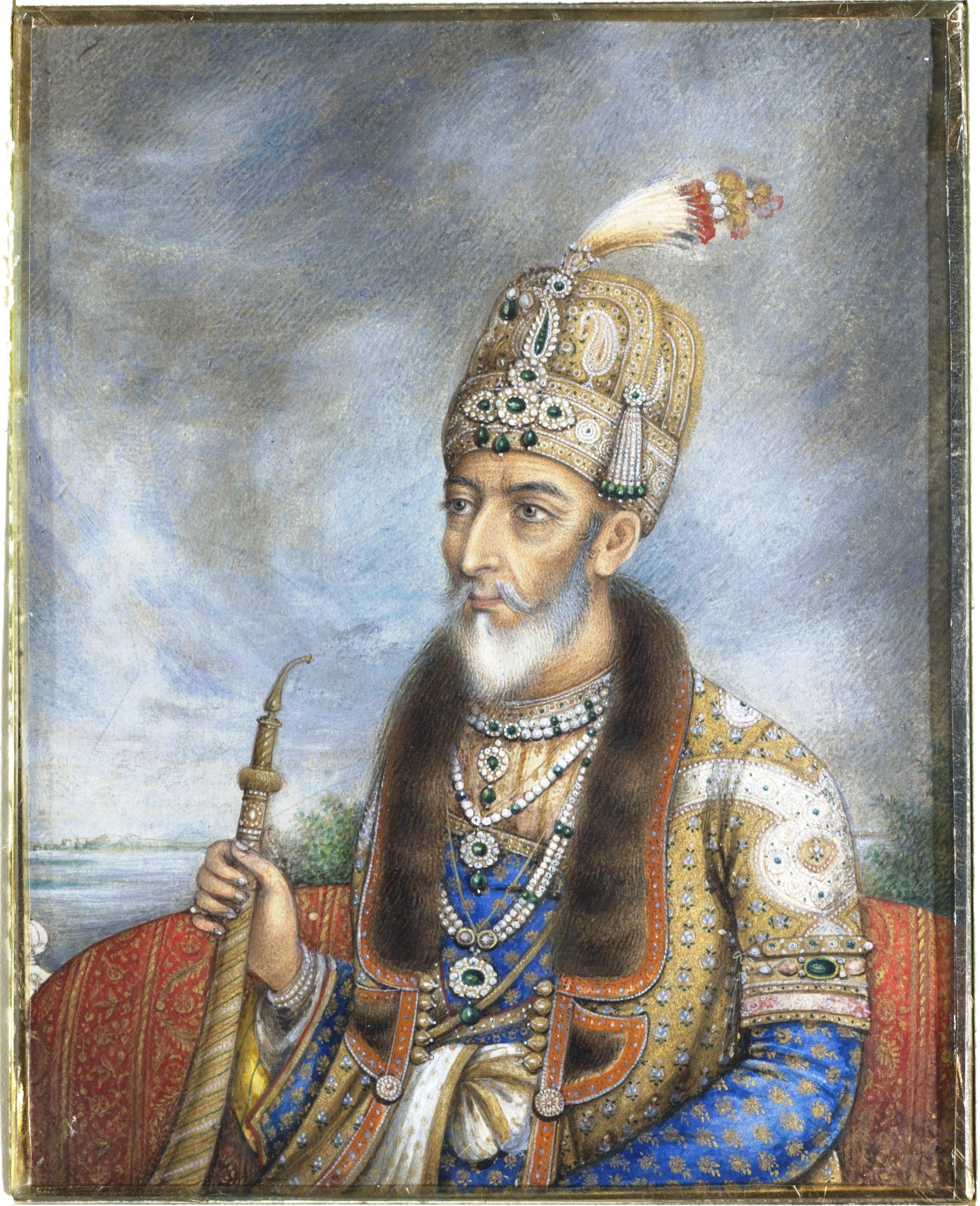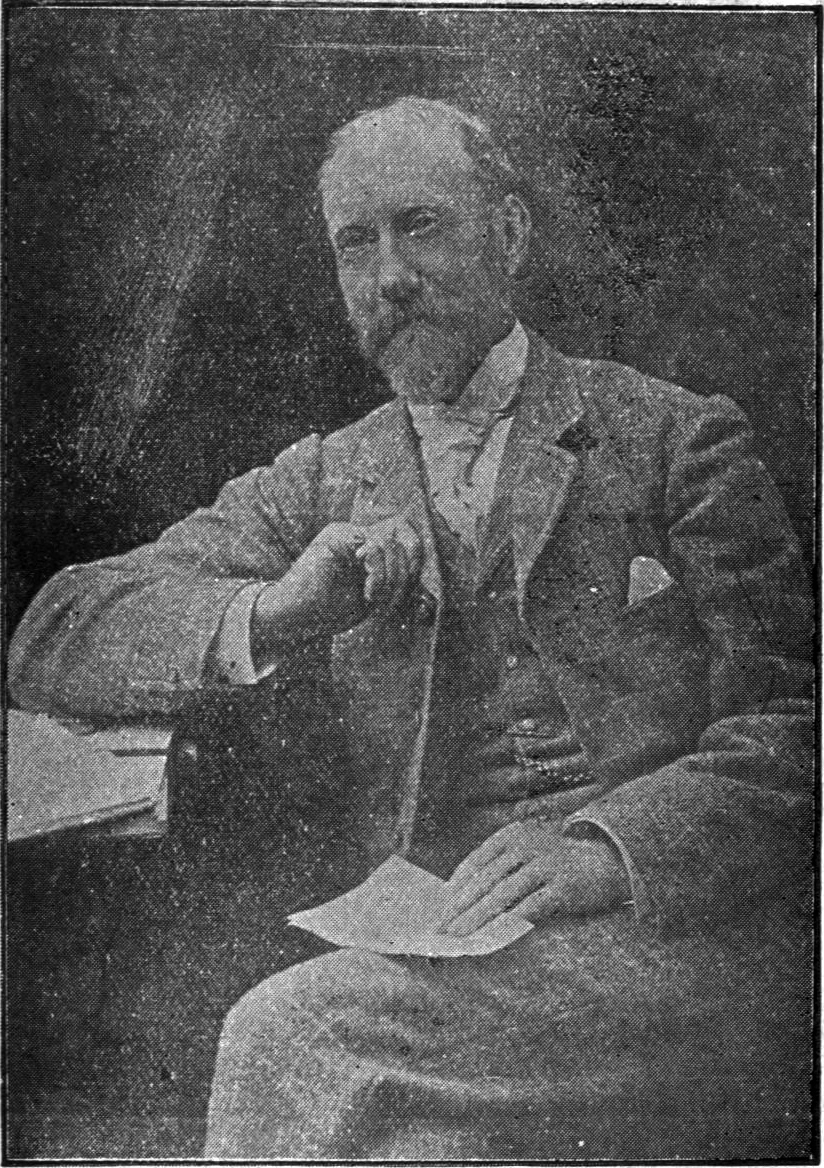|
History Of The Indian National Congress
The Indian National Congress was established when 72 representatives from all over the country met at Bombay in 1885. Prominent delegates included Dadabhai Naoroji, Surendranath Banerjee, Badruddin Tyabji, Pherozeshah Mehta, W. C. Banerjee, S. Ramaswami Mudaliar, S. Subramania Iyer, and Romesh Chunder Dutt. The Englishman Allan Octavian Hume, a former British civil servant, was one of the founding members of the Indian National Congress. Formation and early days (1885–1905) Retired British Indian Civil Service (ICS) officer Allan Octavian Hume founded the Indian National Congress in order to form a platform for civil and political dialogue among educated Indians. After the Indian Rebellion of 1857, control of India was transferred from the East India Company to the British Empire. British-controlled India, known as the British Raj, or just the Raj, worked to try to support and justify its governance of India with the aid of English-educated Indians, who tended to be m ... [...More Info...] [...Related Items...] OR: [Wikipedia] [Google] [Baidu] |
Indian National Congress Flag
Indian or Indians may refer to: Associated with India * of or related to India ** Indian people ** Indian diaspora ** Languages of India ** Indian English, a dialect of the English language ** Indian cuisine Associated with indigenous peoples of the Americas * Indigenous peoples of the Americas ** First Nations in Canada ** Native Americans in the United States ** Indigenous peoples of the Caribbean ** Indigenous languages of the Americas Places * Indian, West Virginia, U.S. * The Indians, an archipelago of islets in the British Virgin Islands Arts and entertainment Film * ''Indian'' (film series), a Tamil-language film series ** ''Indian'' (1996 film) * ''Indian'' (2001 film), a Hindi-language film Music * Indians (musician), Danish singer Søren Løkke Juul * "The Indian", an unreleased song by Basshunter * "Indian" (song), by Sturm und Drang, 2007 * "Indians" (song), by Anthrax, 1987 * Indians, a song by Gojira from the 2003 album '' The Link'' Other u ... [...More Info...] [...Related Items...] OR: [Wikipedia] [Google] [Baidu] |
Hegemony
Hegemony (, , ) is the political, economic, and military predominance of one State (polity), state over other states, either regional or global. In Ancient Greece (ca. 8th BC – AD 6th c.), hegemony denoted the politico-military dominance of the ''hegemon'' city-state over other city-states. In the 19th century, ''hegemony'' denoted the "social or cultural predominance or ascendancy; predominance by one group within a society or milieu" and "a group or regime which exerts undue influence within a society". In theories of imperialism, the hegemonic order dictates the internal politics and the societal character of the subordinate states that constitute the hegemonic sphere of influence, either by an internal, vassal state, sponsored government or by an external, puppet state, installed government. The term ''hegemonism'' denoted the geopolitical and the cultural predominance of one country over other countries, e.g. the hegemony of the Great power, Great Powers established wit ... [...More Info...] [...Related Items...] OR: [Wikipedia] [Google] [Baidu] |
Syed Ahmed Khan
Sir Syed Ahmad Khan (17 October 1817 – 27 March 1898), also spelled Sayyid Ahmad Khan, was an Indian Muslim reformer, philosopher, and educationist in nineteenth-century British India. Though initially espousing Hindu–Muslim unity, he later became the pioneer of Muslim nationalism in India and is widely credited as the father of the two-nation theory, which formed the basis of the Pakistan movement. Born into a family with strong ties to the Mughal court, Ahmad studied science and the Quran within the court. He was awarded an honorary LLD from the University of Edinburgh in 1889. In 1838, Syed Ahmad entered the service of East India Company and went on to become a judge at a Small Causes Court in 1867, retiring from this position in 1876. During the Indian Mutiny of 1857, he remained loyal to the British Raj and was noted for his actions in saving European lives.Cyril Glasse (2001) ''The New Encyclopedia of Islam'', Altamira Press After the rebellion, he penned t ... [...More Info...] [...Related Items...] OR: [Wikipedia] [Google] [Baidu] |
Indian Foreign Policy
India, officially the Republic of India, has full diplomatic relations with 201 states, including Palestine, the Holy See, and Niue. The Ministry of External Affairs (India), Ministry of External Affairs (MEA) is the government agency responsible for the conduct of foreign relations of India. With the world's List of countries by military expenditures, third largest military expenditure, List of countries by number of military and paramilitary personnel, second largest armed force, List of countries by GDP (nominal), fourth largest economy by GDP nominal rates and List of countries by GDP (PPP), third largest economy in terms of purchasing power parity, India is a prominent regional power and a Indian Century, potential superpower. According to the MEA, the main purposes of Indian diplomacy include protecting India's national interests, promoting friendly relations with other states, and providing consular services to "foreigners and Indian nationals abroad." In recent deca ... [...More Info...] [...Related Items...] OR: [Wikipedia] [Google] [Baidu] |
Rejaul Karim Laskar
Rejaul Karim Laskar is an Indian politician and scholar of India's foreign policy. He is a former Congress ideologue and has written extensively on the policies of the United Progressive Alliance governments. He is also an eminent scholar of India's foreign policy and diplomacy with his scholarly work having been recognized as constituting a "a major contribution to contemporary diplomatic history" of India.“Reviews and Awards”, ''Forging New Partnerships, Breaching New Frontiers India's Diplomacy during the UPA Rule 2004-14'', ed. Rejaul Karim Laskar, Oxford University Press, 2022, https://global.oup.com/academic/product/forging-new-partnerships-breaching-new-frontiers-9780192868060?cc=gb&lang=en& He is the former Secretary of AICC Vichar Vibhag (the Intellectual Department of the All India Congress Committee) and former Spokesperson of Assam Pradesh Congress Committee. He has also served in the past, in the capacity of Observer (Minority Department) of the All India Con ... [...More Info...] [...Related Items...] OR: [Wikipedia] [Google] [Baidu] |
Foreign Policy
Foreign policy, also known as external policy, is the set of strategies and actions a State (polity), state employs in its interactions with other states, unions, and international entities. It encompasses a wide range of objectives, including defense and security, economic benefits, and humanitarian assistance. The formulation of foreign policy is influenced by various factors such as domestic considerations, the behavior of other states, and geopolitical strategies. Historically, the practice of foreign policy has evolved from managing short-term crises to addressing long-term international relations, with diplomatic corps playing a crucial role in its development. The objectives of foreign policy are diverse and interconnected, contributing to a comprehensive approach for each state. Defense and security are often primary goals, with states forming military alliances and employing soft power to combat threats. Economic interests, including trade agreements and foreign aid ... [...More Info...] [...Related Items...] OR: [Wikipedia] [Google] [Baidu] |
Independence Of India
The Indian independence movement was a series of historic events in South Asia with the ultimate aim of ending British Raj, British colonial rule. It lasted until 1947, when the Indian Independence Act 1947 was passed. The first nationalistic movement took root in the newly formed Indian National Congress with prominent moderate leaders seeking the right to appear for Indian Civil Service examinations in British India, as well as more economic rights for natives. The first half of the 20th century saw a more radical approach towards self-rule. The stages of the independence struggle in the 1920s were characterised by the leadership of Mahatma Gandhi and Congress's adoption of Gandhi's policy of non-violence and Salt March, civil disobedience. Some of the leading followers of Gandhi's ideology were Jawaharlal Nehru, Vallabhbhai Patel, Abdul Ghaffar Khan, Maulana Azad, and others. Intellectuals such as Rabindranath Tagore, Subramania Bharati, and Bankim Chandra Chattopadhyay spr ... [...More Info...] [...Related Items...] OR: [Wikipedia] [Google] [Baidu] |
Madras Presidency
The Madras Presidency or Madras Province, officially called the Presidency of Fort St. George until 1937, was an administrative subdivision (province) of British India and later the Dominion of India. At its greatest extent, the presidency included most of southern India, including all of present-day Andhra Pradesh, almost all of Tamil Nadu and parts of Kerala, Karnataka, Odisha and Telangana in the modern day. The city of Madras was the winter capital of the presidency and Ooty (Udagamandalam) was the summer capital. The Madras State was neighboured by the Kingdom of Mysore to the northwest, the Kingdom of Cochin and Kingdom of Travancore to the southwest, the Kingdom of Pudukkottai in the center, and the Hyderabad State to the north. Some parts of the presidency were also flanked by Bombay State ( Konkan Districts) and Central States (modern Madhya Pradesh). In 1639, the English East India Company purchased the village of Madraspatnam and one year later it establis ... [...More Info...] [...Related Items...] OR: [Wikipedia] [Google] [Baidu] |
Sir John Jardine, 1st Baronet
Sir John Jardine, 1st Baronet, KCIE (27 September 1844 – 26 April 1919) was a British Liberal Party politician and colonial civil servant in India. Biography Early life and career in India Jardine was the son of William Jardine of Bedford (but originally of Dumfriesshire, Scotland) and was educated at Christ's College, Cambridge, where he won the Chancellor's Gold Medal for English Verse in 1864. He joined the Bombay Civil Service in 1864, and was Political Officer in Native States of Kattywar in 1871, Secretary for the trial of the Gaekwar of Baroda in 1875, Secretary to Treaty with Portugal and Law Officer to Government of India in 1877; Judicial Commissioner of Burma in 1878, President of the Burma School Board in 1881, and Chief Secretary to Bombay Government, holding the Political, Secret, Educational, Persian, and Judicial portfolios in 1885. Jardine was elected Fellow of the University of Bombay in 1872, and was sometime the University's Dean of Arts and Dean o ... [...More Info...] [...Related Items...] OR: [Wikipedia] [Google] [Baidu] |
William Wedderburn
Sir William Wedderburn, 4th Baronet, JP DL (25 March 1838 – 25 January 1918) was a British civil servant and politician who was a Liberal Party member of Parliament (MP). Wedderburn was one of the founding members of the Indian National Congress. He was also the president of Congress in 1889 and 1910, for the Allahabad session. Early life William Wedderburn was born in Edinburgh, the fourth and youngest son of Sir John Wedderburn, 2nd Baronet and Henrietta Louise Milburn. His grandfather, Sir David, had had the title of the Wedderburn baronetcy restored to the family, following the attainder after the Jacobite rising of 1745 and the subsequent regain of fortune via the slave sugar plantations of Jamaica. William was educated at Hofwyl Workshop, then Loretto School and finally at Edinburgh University. He joined the Indian Civil Service as his father and an older brother had done. His older brother John had been killed in the 1857 uprising and William joined the serv ... [...More Info...] [...Related Items...] OR: [Wikipedia] [Google] [Baidu] |
Womesh Chunder Bonnerjee
Womesh Chunder Bonnerjee (or Umesh Chandra Banerjee; 29 December 1844 – 21 July 1906) was an Indian independence activist and barrister who practiced in England. He was a secretary of the London Indian Society founded by Dadabhai Naoroji in 1865. He was one of the founders and the first president of Indian National Congress in 1885 at Bombay, serving again as president in 1892 at Allahabad. Bonnerjee financed the British Committee of Congress and its journals in London. Along with Naoroji, Eardley Norton and William Digby he started the Congress Political Agency, a branch of Congress in London. He unsuccessfully contested the 1892 United Kingdom general election as a Liberal party candidate for the Barrow and Furness seat. In 1893, Naoroji, Bonnerjee and Badruddin Tyabji founded the Indian Parliamentary Committee in England. Family Bonnerjee was born on 29 December 1844 at Calcutta (now Kolkata), in the present-day state of West Bengal. He belonged to a very respectab ... [...More Info...] [...Related Items...] OR: [Wikipedia] [Google] [Baidu] |






